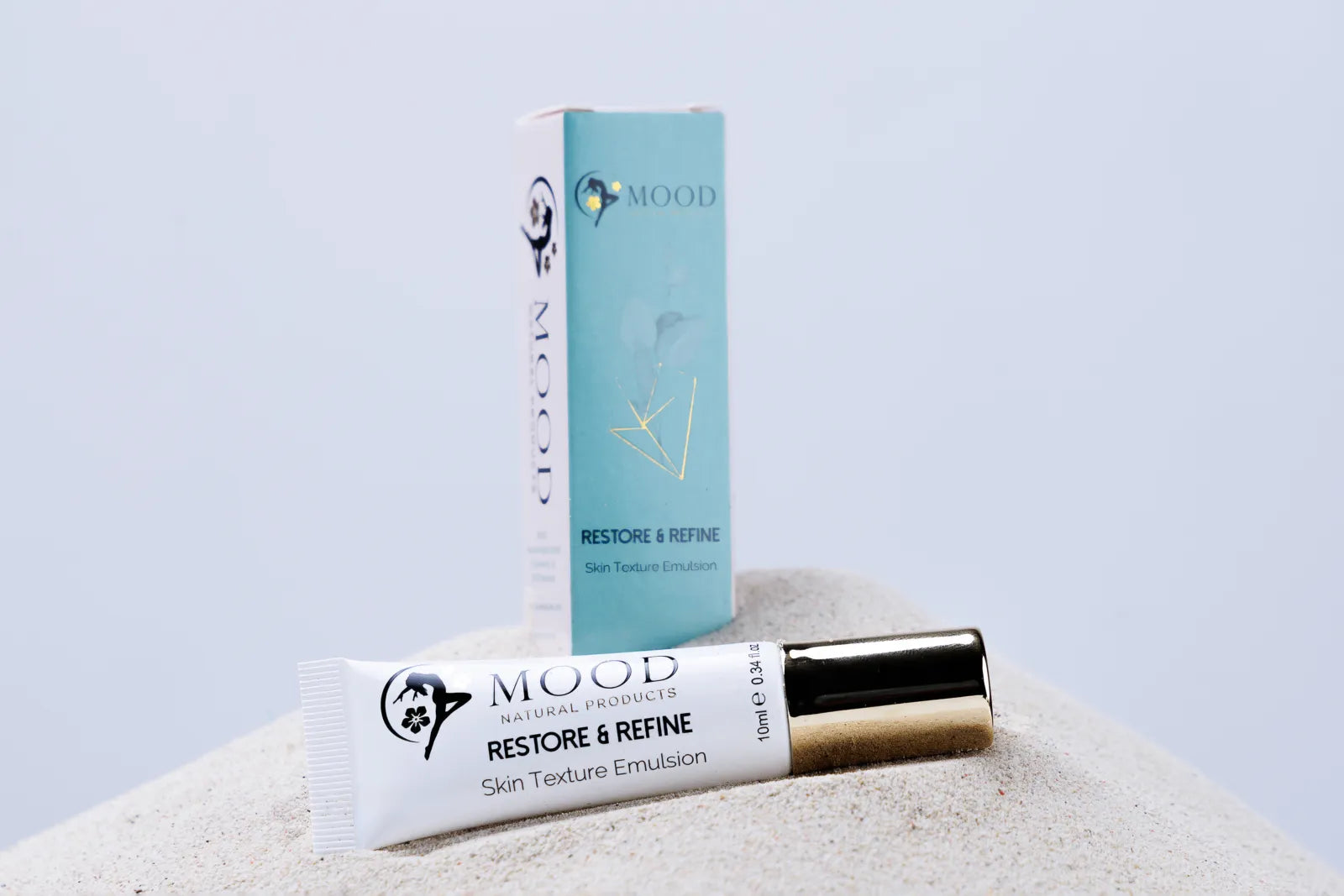Do not sell or share my personal information
As described in our Privacy Policy, we collect personal information from your interactions with us and our website, including through cookies and similar technologies. We may also share this personal information with third parties, including advertising partners. We do this in order to show you ads on other websites that are more relevant to your interests and for other reasons outlined in our privacy policy.
Sharing of personal information for targeted advertising based on your interaction on different websites may be considered "sales", "sharing," or "targeted advertising" under certain US state privacy laws. Depending on where you live, you may have the right to opt out of these activities. If you would like to exercise this opt-out right, Please follow the instructions below.
If you visit our website with the Global Privacy Control opt-out preference signal enabled, depending on where you are, we will treat this as a request to opt-out of activity that may be considered a “sale” or “sharing” of personal information or other uses that may be considered targeted advertising for the device and browser you used to visit our website.
The gold standard in skincare
The skin is a complex organ with a sophisticated barrier function that protects us from external influences. To support this barrier and promote skin health, we rely on biomimetic formulations. A key player in this area is phosphatidylcholine, a natural component of all cell membranes that plays a crucial role in the integrity and function of the skin.
What are biomimetic emulsions?
Biomimetic emulsions are products that mimic the skin's natural structures and processes. They contain ingredients that are similar/identical to the skin's own lipids and can therefore be optimally integrated into the skin. This allows them to strengthen the skin barrier, regulate moisture levels and support skin regeneration.
The role of phosphatidylcholine
Phosphatidylcholine is a phospholipid found in all cell membranes. It plays a crucial role in maintaining skin barrier function by stabilizing the lipid layers of the stratum corneum and reducing transepidermal water loss (TEWL). In addition, unsaturated phosphatidylcholine improves skin elasticity and suppleness by stimulating the production of collagen and elastin and converting into essential skin fats such as ceramides.
Due to its amphiphilic character, i.e. it has both water-loving and fat-loving properties, phosphatidylcholine can act as the skin's own emulsifier in biomimetic emulsions. This enables a stable formulation without the use of conventional emulsifiers, which often only remain on the skin's surface.
Phosphatidylcholine also has the ability to regulate sebum production, making it an ideal ingredient for oily and blemish-prone skin.
Benefits of biomimetic emulsions with phosphatidylcholine
- Strengthening the skin barrier: Biomimetic emulsions with phosphatidylcholine help to repair and strengthen the skin barrier, making it more resistant to external influences.
- Intensive moisture: The improved barrier function allows the skin to retain moisture better and stay hydrated longer.
- Improved elasticity: Stimulating collagen and elastin production and the formation of ceramides results in smoother, plumper and more youthful skin.
- Soothing effect: Phosphatidylcholine has anti-inflammatory properties that can relieve redness and irritation.
- Regulating sebum production: Phosphatidylcholine can help normalize sebum production and thus prevent blemishes.
- Improved absorption of active ingredients: The biomimetic structure of the emulsion enables optimal penetration of other active ingredients into the skin.
- Natural & skin-friendly: By using saturated phosphatidylcholine as an emulsifier, regular emulsifiers can be avoided, which often only remain on the surface of the skin and can irritate the skin.
application areas
Biomimetic emulsions with phosphatidylcholine are suitable for all skin types, especially dry, sensitive, mature and blemish-prone skin. They can be used for daily care, to prevent skin aging or to support the treatment of skin conditions such as neurodermatitis or psoriasis.
Phosphatidylcholine, an essential building block of life, has a long and fascinating history that stretches from nature to the laboratories of science.
Origin in nature:
Phosphatidylcholine is a phospholipid found in all living cells, both plants and animals. It is a major component of cell membranes and plays a crucial role in many biological processes.
Discovery and early research:
The first isolation of phosphatidylcholine was achieved by the French chemist Theodore Gobley in 1850. Over time, the chemical structure of phosphatidylcholine was elucidated and its importance for cell function was recognized.
Application in medicine:
In the 1950s, scientists began to research the therapeutic properties of phosphatidylcholine. It was found to play an important role in fat digestion and can be used to treat liver diseases. Later, its positive effects on the nervous system and brain function were also recognized.
Phosphatidylcholine in skin care:
In recent decades, phosphatidylcholine has also found its way into skin care. Its biomimetic properties make it an ideal ingredient for strengthening the skin barrier and improving skin health.
Modern developments:
Research on phosphatidylcholine is far from complete and we are continuously working to develop new formulations to realize the full potential of this versatile molecule.










